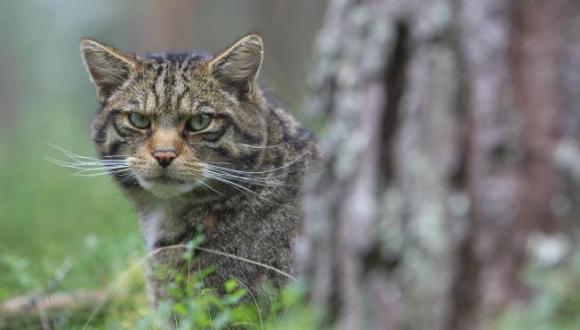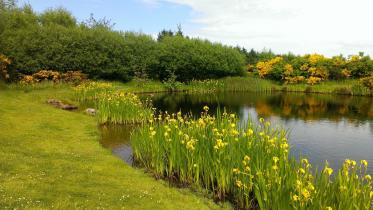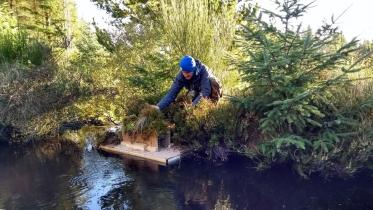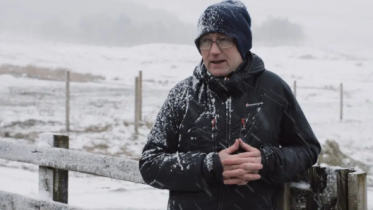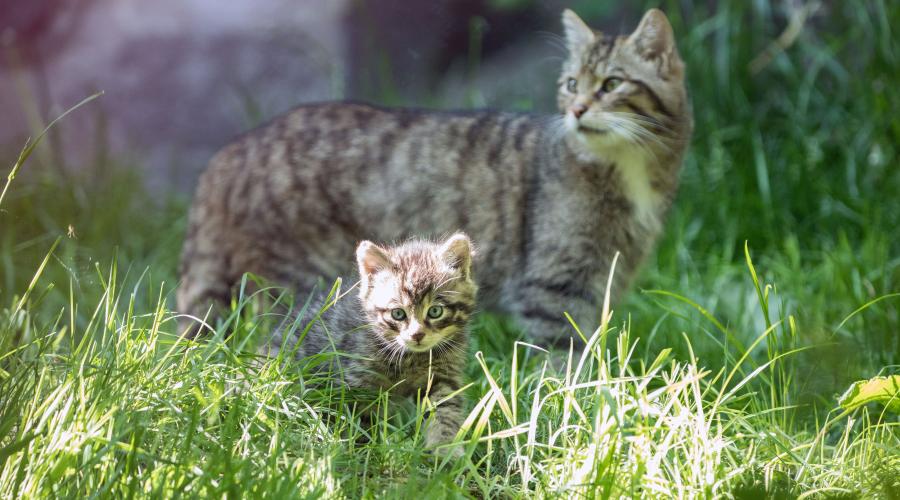
European funding lifeline for wildcats in Scotland
19 November 2019
Wildcats in Scotland have been handed a vital lifeline, with European funding secured to deliver a Saving Wildcats (#SWAforLIFE) recovery project that includes the development of the UK’s first wildcat reintroduction centre.
Situated at the Royal Zoological Society of Scotland’s Highland Wildlife Park near Aviemore, the centre will provide facilities for breeding, veterinary care, remote monitoring and training, with wildcats potentially being released into Cairngorms National Park.
A report published in February by the International Union for Conservation of Nature’s Cat Specialist Group concluded there is no longer a viable wildcat population living wild in Scotland, with hybridisation with domestic and feral cats the major threat to their survival. This means the extinction of the species is highly likely without wildcat releases.
Over the next six years, RZSS will lead the Saving Wildcats project which will build on the work of the Scottish Wildcat Action partnership, supported by a £3.2 million EU LIFE grant and co-funding from the Garfield Western Foundation, the National Trust for Scotland, the People’s Trust for Endangered Species and the European Nature Trust.
The wildlife conservation charity will work with NatureScot, the Cairngorms National Park Authority, Forestry and Land Scotland, as well as European partners Norden’s Ark from Sweden and Spain’s Junta De Andalucía, which have led the successful recovery of the Iberian lynx. The plan is to release the first wildcats in 2022, with potential locations being explored in the Cairngorms.
Roseanna Cunningham, Cabinet Secretary for Environment, Climate Change and Land Reform, said: “The wildcat is one of our most iconic Scottish species but its conservation faces serious challenges.
“Fortunately in Scotland we have a fantastic group of scientists and specialists who are working together with the Scottish Government, the Royal Zoological Society of Scotland and others to explore all options to save the species here. Today is an important step towards the conservation of the ‘Highland Tiger’ in Scotland, but there’s a lot of work still to be done.”
Helen Senn, Head of Conservation and Science Programmes at RZSS, said, “Wildcats are on the brink of extinction in Scotland but it’s not too late. With funding in place, it is tremendously exciting to begin the UK’s first wildcat release project and bring together all the necessary resources and expertise to make it happen.
“Using wildcats from the existing captive population, as well as cats from Europe to boost the gene pool, the reintroduction centre will provide a sustainable source of wildcats for years to come.
“The Cairngorms have historically been a key part of the wildcat range and we are working closely with the partners to understand which is our preferred first release site. Further wildcat releases may also take place in other strategically important locations across Scotland, with the potential to support well-planned future efforts in the rest of the UK.”
Andrew Kitchener, Chair of Scottish Wildcat Action, said, “The Scottish Wildcat Action partnership is delighted with this news and it is testament to the strong working partnership formed under Scottish Wildcat Action that we have been able to secure funding for this next critical phase of work.”
Martin Gaywood, NatureScot Species Projects Manager, said, “With Saving Wildcats, expert partners are working together for a flagship project to re-establish a healthy wildcat population in Scotland. But releasing species into the wild for conservation purposes is very complex and challenging.
“With the first wildcats expected to be released into the wild in 2022, now is the time for a public discussion on domestic and feral cat populations, and how we manage these, and the public will have an important role in helping minimise future hybridisation. Responsible cat ownership, including microchipping, neutering and vaccinations, is one way we can help reduce devastating effects on wildcats.”
Urs Breitenmoser, chair of the IUCN Cat Specialist Group, said. “We welcome this announcement and are delighted to see that recommendations from the recent status review of wildcat in Scotland are starting to be acted upon.”
